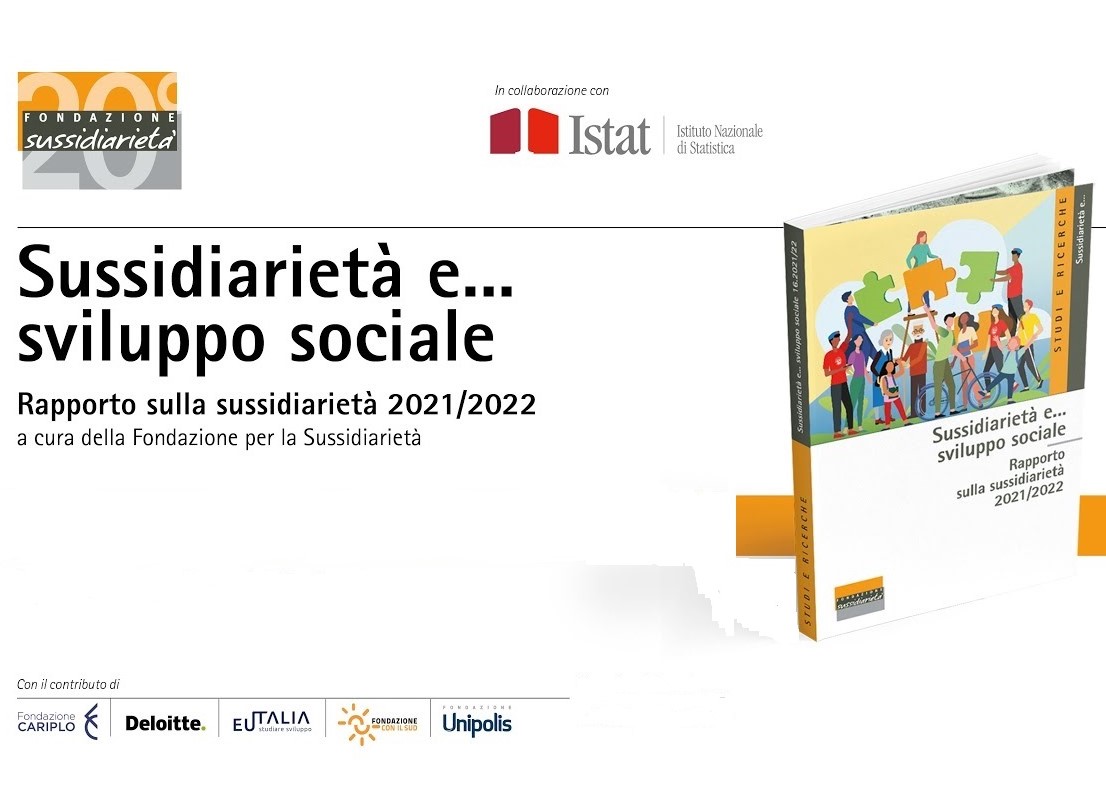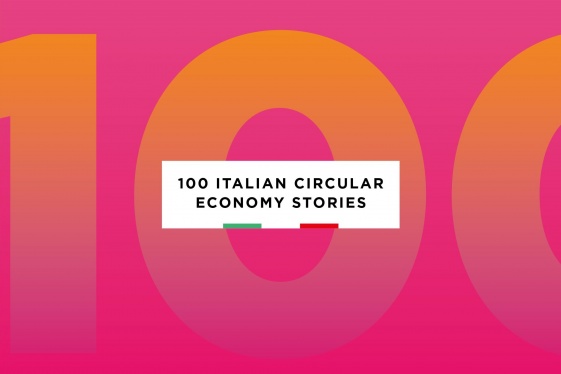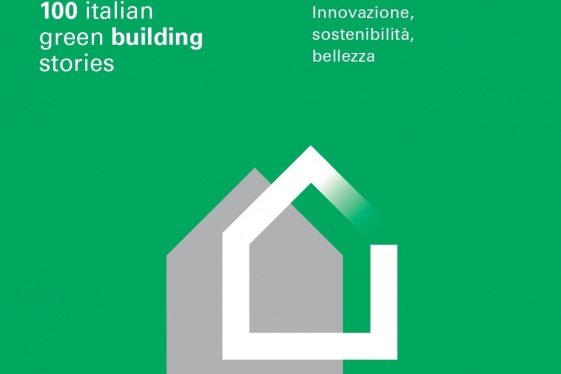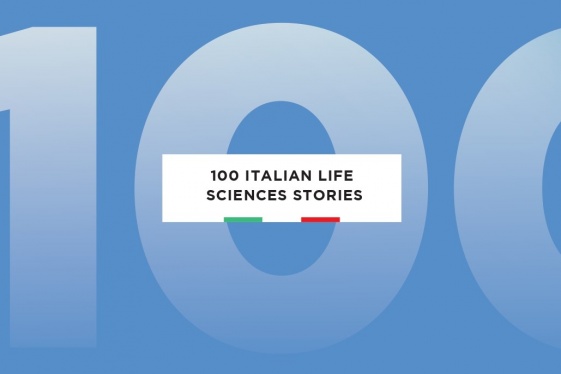

The social dimension of development is receiving increasing attention, particularly because of rising poverty and inequality. Little, however, is investigated about the contribution that social dynamics make to the country's resilience and growth.
The Subsidiarity and Social Development Report, produced in collaboration with Istat, shows that a subsidiary culture contributes to collective well-being: participating in social and voluntary activities improves quality of life, makes it easier to find a job and reduces the risk of poverty.
The statistical analysis, conducted with appropriate indicators, measures the close correlation between people's feelings of openness and trust, participation in subsidiary activities and social development. The study explores European and national policies for social recovery and inclusion, the role of private actors for socially sustainable economic growth and social impact finance.
A series of paradigmatic cases are also presented where the path of social orientation has found concrete application. In summary, an approach that puts the social economy ecosystem at the center of development processes is suggested. A change that involves the private sector (with a stakeholder-oriented approach and with new forms of enterprise), public administrations (through a shared administration with the Third Sector) and the financial sector, through socially responsible investments. All of this is trying to account for the complexity and difficulties that modern societies are going through and that require continuous adaptability, which cannot be entrusted solely to the state or the market.
The Subsidiarity and social development Report aims to investigate the relationship between subsidiary culture and the pursuit of a sustainable system in Italy. The study hypothesizes that the heart and starting point of such a system is social development, i.e. that transformation which arises from below, from personal initiative and the creation of grassroots aggregations and intermediate bodies. In other words, it proposes to overcome the dialectic State-market by showing the value and potential of the third pillar: the community.
The reference horizon is the United Nations 2030 Agenda, with its 17 Goals
and the strategies that, at the European and national levels, public and private actors are maturing and implementing in that direction, including in implementation of the European Pillar of Social Rights, and which guide policy action toward the development of greater equity, social inclusion and new opportunities.
The Report, produced in collaboration with Istat, demonstrates, with original analysis and studies, that subsidiarity contributes to collective well-being. Participating in social and voluntary activities volunteering improves the quality of life and reduces the risk of poverty. The study shows a strong correlation between subsidiary engagement and job placement.
The index is +0.7, on a scale between 0 and 1. Following continuing education programs or activities cultural activities promotes employment, at all ages. So does being part of nonprofits associations.
The Covid-19 pandemic and the war in Ukraine have enhanced the role of nonprofits; it thus confirming the peninsula's historic vocation of solidarity.
The Third Sector has more than 375,000 institutions, up 25 percent in a decade. It is a universe made up of associations, foundations, cooperatives and unions. The production of the nonprofit is estimated at 80 billion euros, or nearly 5 percent of GDP. There are more than 900,000 employees, 70 percent of whom are women; they are joined by 4 million volunteers. In this context, the 5x1000 of the Italian taxation, the contribution intended for the Third Sector entities, is growing its popularity. In a decade, disbursements have grown by 61 percent, approaching 520 million euros annually; there are more than 15 million taxpayers who allocate the 5x1000, almost four in ten. There are 73,000 grantees, double the number a decade ago.
The study shows that sustainable development can only be achieved with the push from the below, the result of subsidiary culture. The Report consists of five parts that develop a composed and articulate reflection around the theme of subsidiarity's contribution to promoting more sustainable, equitable and inclusive recovery and growth. The topic appears to be highly topical in light of the growing inequalities that have arisen in recent decades and have been exacerbated by the outbreak of the crisis resulting from the Covid-19 pandemic. The thread running through the Report is the theme of subsidiary intervention by the various components of society and their possible contribution to social development and public happiness.
You may be interested
-
Italian report: 10 Selfies to show why Italy...
WTI Magazine #51 2015 January, 9Author : Umberto Mucci Translation by: Fond...
-
Italian report: 100 Italian Circular Economie...
Environmental challenges point to new opportunities that, thanks also to Italian manufactu...
-
Italian report: 100 Italian circular economy...
There is nothing new about the idea of a circular approach in the use of resources. Circul...
-
Italian report: 100 Italian E-Mobility Storie...
Mobility is entering a new era, one which is more sustainable and efficient. Electricity s...
-
Italian report: 100 Italian E-mobility Storie...
Casino Royale is the name of the film that in 1953 brought to the screen the character cre...
-
Italian report: 100 Italian e-mobility storie...
Nearly 20 million passenger electric vehicles, 1.3 million electric commercial vehicles, a...
-
Italian report: 100 Italian green building st...
“The lesson the pandemic has offered us cannot make us go back to square one. That would b...
-
Italian report: 100 Italian Life Sciences Sto...
Since last year the world hasn’t been the same. The pandemic has changed our lives and has...










